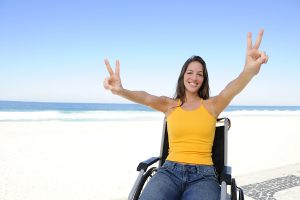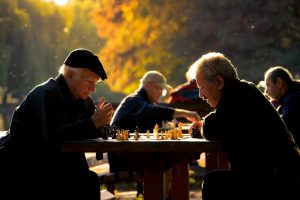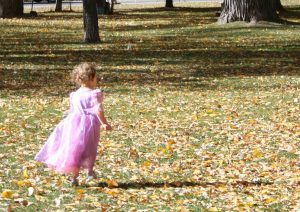3 Hidden Signs of Mobility Problems
While you don’t have to be overly observant to recognize that difficulty walking can spell trouble for your mobility, you may not necessarily be on the lookout for less subtle signs that can serve as red flags too. Check out this quick list of three hidden signs of mobility problems:
Avoiding Stairs
Are you opting to take the elevator more than normal? How about spending more time on the ground floor of your home to avoid using a staircase? Stairs can be one of the most difficult environments to traverse when mobility problems are starting to set in.
Stairs require extra leg strength, coordination, and balance. Avoiding stairs, whether conscious of it or not, could be a red flag. Same goes for exercise. If you are finding excuses to skip regular exercise because of mounting difficulties with getting around, it’s time to seek assistance.
Frequent Falling
While falls aren’t all that uncommon for seniors (one out of four seniors experiences a fall every year), frequent falling could indicate mobility difficulties. Even if you have not yet experienced an injury due to a fall, the fact that you fall even more than once a year could shed light on underlying risk factors negatively impacting your mobility including motor impairment and balance problems.
Chronic Illness
You may think that only chronic illnesses which directly affect your leg strength and coordination would impair your mobility, like Parkinson’s or multiple sclerosis, however, you would be wrong. Conditions including diabetes, arthritis, and even heart disease can play a role in reducing your ability to quickly and safely move with ease.
Heart failure, for example, can leave your short of breath when you walk or stand for long periods of time. Diabetes can affect nerves in the legs and feet and arthritic joint inflammation can make walking painful.
Researchers have found less common risk factors that also increase an older adult’s chances of developing mobility problems. These include drinking or smoking, recent hospitalization, having symptoms of depression and experiencing memory and critical thinking problems.
Mobility difficulties do not need to be the end of the line for you. Advancements in technology, design, and engineering have revolutionized the assistive devices people with mobility problems can use. Utilizing equipment to help keep you mobile like motorized scooters, walkers, canes, and specialty wheelchairs can play an important role in both your health as well as your outlook on life.






